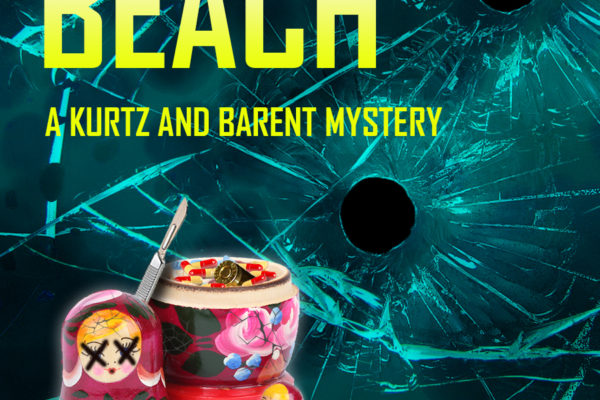Years ago, when I was just starting to write seriously, one of the first books that I read on writing was “Writing to Sell,” by Scott Meredith. Scott Meredith founded the Scott Meredith Literary Agency, at one time the largest such agency in the world. Before he became a world famous agent, however, he was a writer, and his insights on how to write and how to sell, were definitely worth the price of the book. He focused a lot on plot.
To me, the most valuable piece of information in “Writing to Sell” was the “plot skeleton,” a schema to which all successful stories, and all successful novels, must conform. To wit: you start with a protagonist for whom the reader can feel sympathy. The protagonist has a problem that he or she must solve. The protagonist’s efforts to solve the problem fail, often making the problem even worse. Finally, when all seems lost, the protagonist solves the problem, or comes to a realization that the problem was not worth solving in the first place. An example of this might be the man who is obsessed with making money, but who realizes in the end that what he really needed was the love of a good woman; or the man who is obsessed with the beautiful, dangerous woman and who realizes in the end that the girl next door was the one he wanted all along.
Years ago, when I was in college, I happened to walking along the halls of the English Department when I overheard one of the professors, a well known poet in his own right, make a comment to one of his colleagues about the “banality of plot.” The comment bewildered me, but now that I am a writer, I understand what he meant. Real life has no plot. Things happen for no reason whatsoever. Real life does not make much of a story, not an entertaining one, at least. Plot is artificial. Plots have to make sense. Real life does not make sense.











Recent Comments